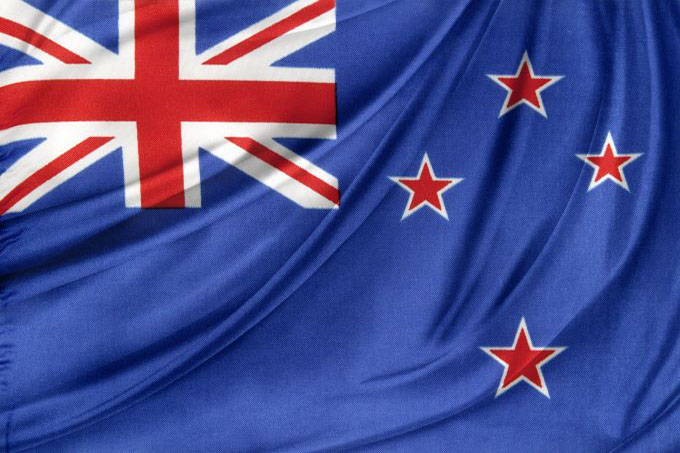The Reserve Bank of New Zealand (RBNZ) held rates at Tuesday’s meeting. This decision was not a surprise, but the New Zealand Dollar has rallied on the news.
The inflation rate continues to head in the right direction and eased to 6% in the second quarter, down from 6.7% in the first quarter. Although inflation remains well above the central bank’s target of 1%-3%, interest rates continue to filter through the economy, allowing the RBNZ to continue to maintain current rate levels.
The RBNZ has been aggressive, raising interest rates by 525 basis points in the current rate-tightening cycle. Have interest rates finally peaked? It appears so, unless there is an unforeseen negative development which severely dampens economic growth. Many economists are projecting a rate cut in the first half of 2024, but ANZ Bank New Zealand and Westpac Banking are more hawkish and believe that there will be one more hike before the end of this year.
In its Monetary Policy Statement for August, the RBNZ stated that the inflation picture had improved. Headline inflation and inflation expectations had declined, but core inflation remained too high.
The Monetary Policy Committee (MPC) noted that inflation, currently at 6%, is expected to fall below 3% by the third quarter of 2024. According to the MPC, if rates remain at a restrictive level “for some time,” consumer price inflation with return to the RBNZ’s target of 1%-3%. At the same time, the MPC warned that “in the near term, there is a risk that activity and inflation measures do not slow as much as expected.”
The takeaway from the statement is that the RBNZ is cautiously optimistic that inflation will continue to fall towards the target range, but additional rate hikes have not been ruled out.
In the aftermath of the RBNZ decision, the NZD/USD currency pair has powered higher, climbing 0.66%.
The NZX 50, New Zealand’s main stock index, is down slightly today. The NZX 50 has declined by 57.63 points (0.49) and is currently at 11,763.11.
The market reaction indicates that investors are viewing the RBNZ’s decision as a “hawkish hold,” which has given the New Zealand dollar a lift while weighing slightly on the stock markets.


